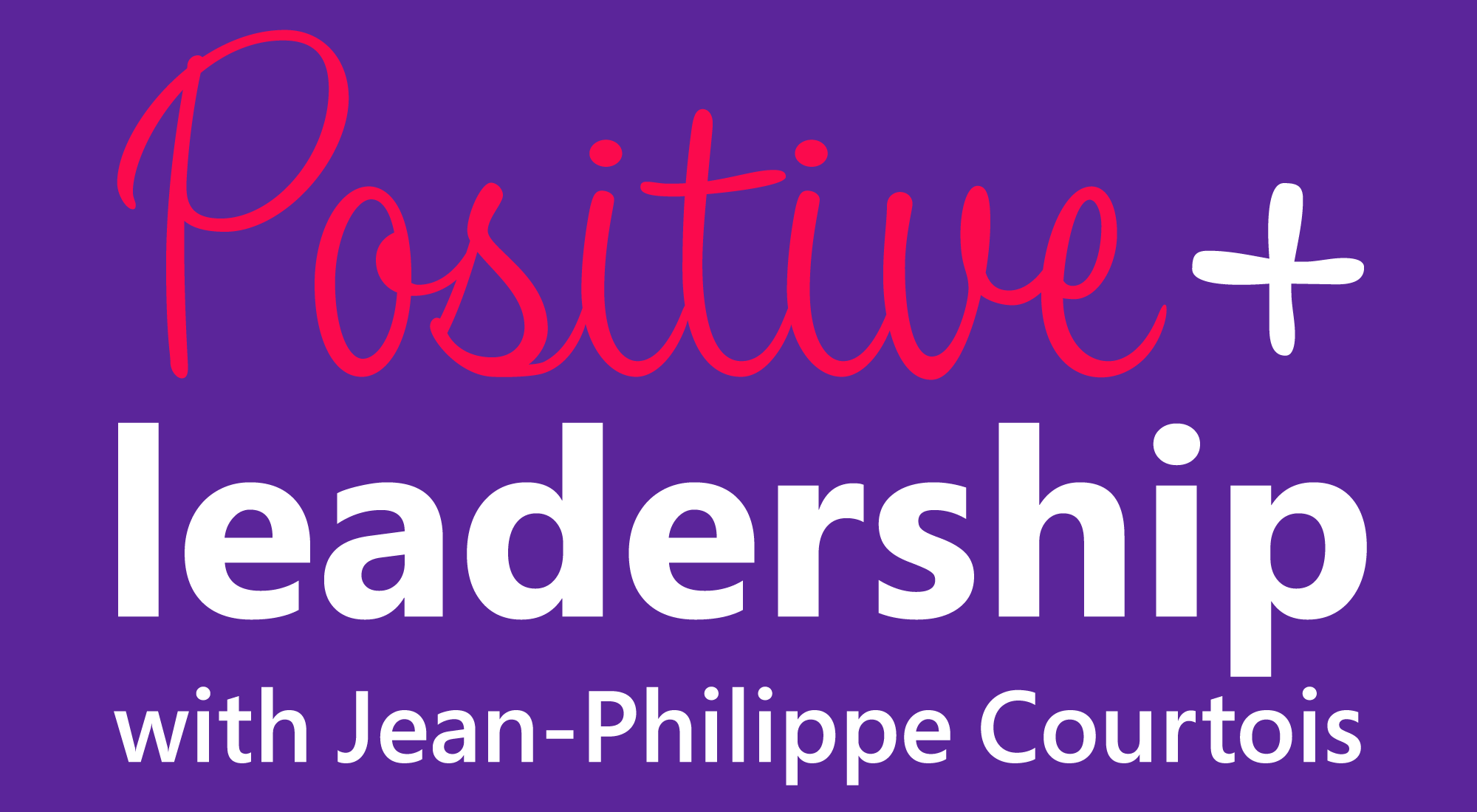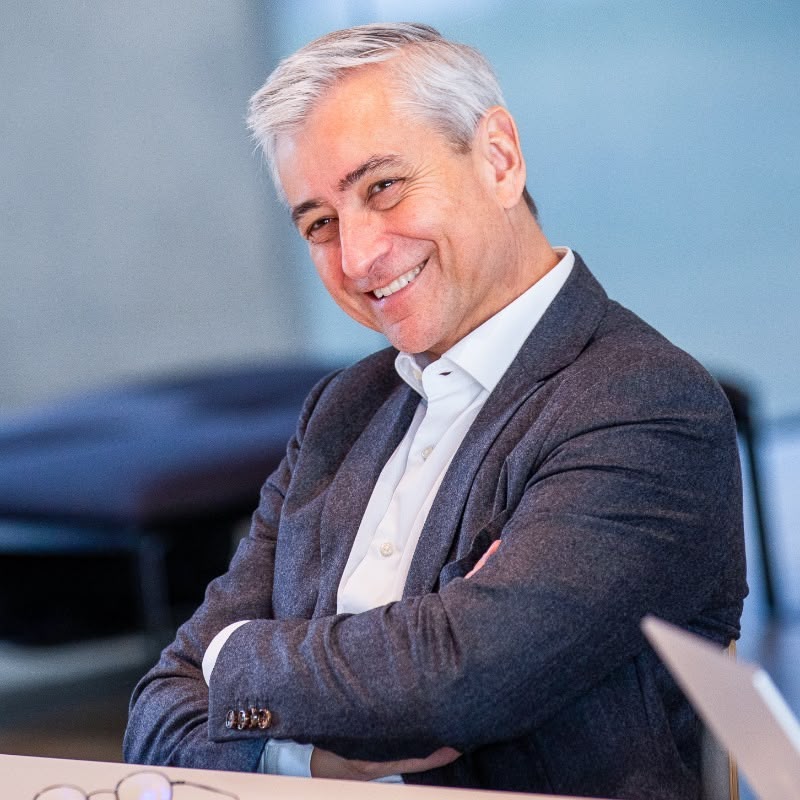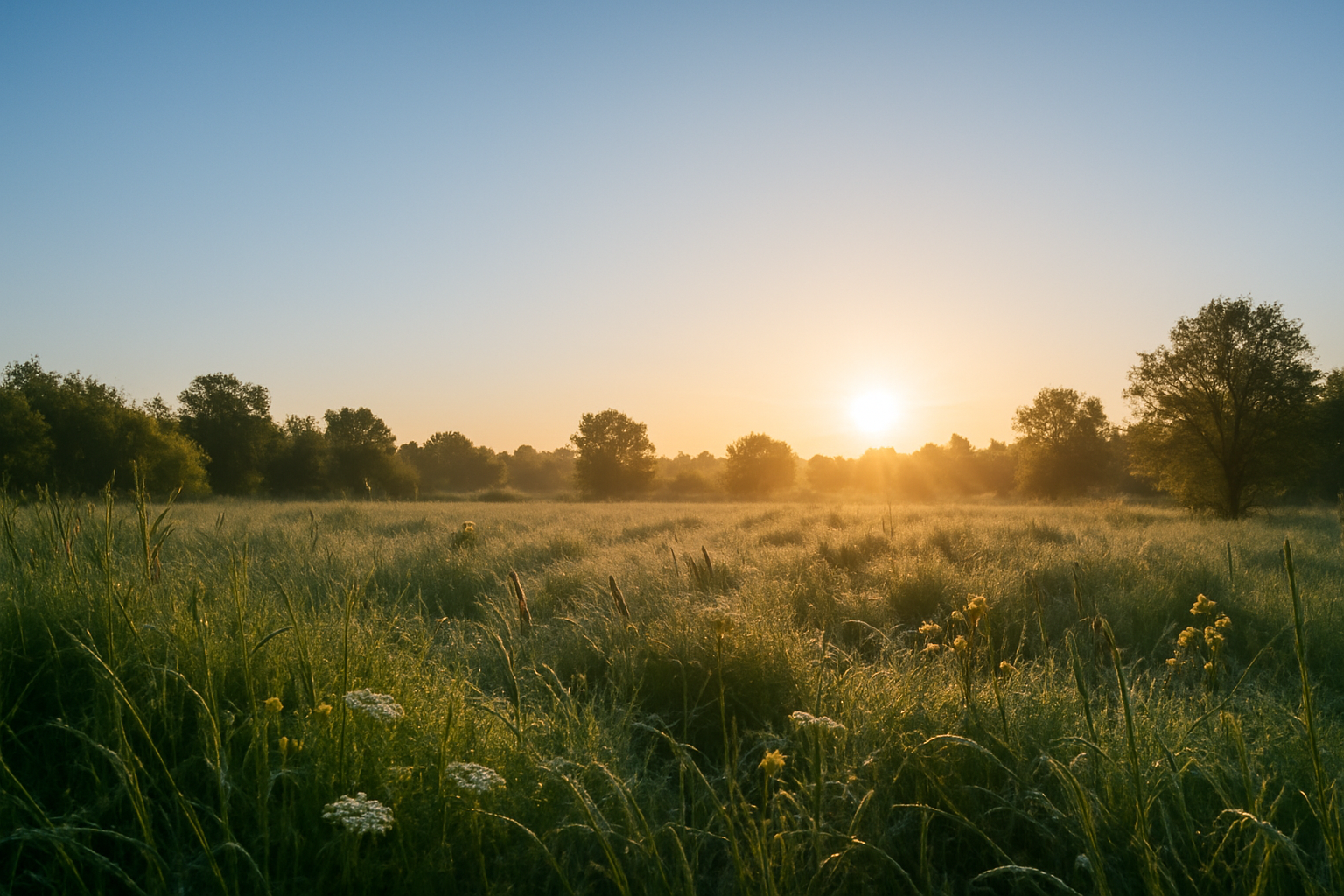02 Sep 25
The Benefits and Impacts of Meditation: How Does Meditation Transform Personal Well-being, Leadership, and Society?

Meditation has played a role in my leadership journey. I practice it sporadically, alongside other resources that help me stay grounded—such as conscious breathing, short pauses between intense moments, and the vital foundation of good sleep. Together, these practices have helped me cultivate presence, resilience, and compassion in the face of uncertainty.
When I listen to extraordinary guests on the Positive Leadership Podcast—like Lama Hermès Garanger, who spent more than 30,000 hours in meditation, or psychologist Albert Moukheiber, who helps us understand how our brain reacts to stress—I am reminded that meditation is both ancient wisdom and cutting-edge science.
What a three-year meditation retreat teaches us
Hermès Garanger described to me the intensity of the traditional three-year, three-month, three-day retreat in Tibetan Buddhism. Fourteen hours of daily practice, strict isolation, and thousands of exercises in compassion and attention. Most of us will never live such an experience, yet it reminds us of the immense inner resources we can unlock—even with a few minutes of daily practice.
Why meditation matters for youth
My work with youth constantly reminds me how today’s generation must learn to navigate — and even rise above — a world of relentless distraction. Daniel Goleman once told me that “attention is the new form of literacy.” Helping children discover mindfulness—even in small doses—may be one of the greatest gifts we can offer them.
From empathy to compassion in leadership
In conversations with guests like Daniel Goleman or Indra Nooyi, a common theme emerges: empathy is not enough. Neuroscience shows us that unregulated empathy can lead to exhaustion, while compassion generates energy and resilience. In my own career, I’ve seen how important it is not only to understand others but to act with genuine care. That shift changes the trust and engagement of a team.
Meditation, the brain, and decision-making
Modern research confirms what many of us feel intuitively: meditation reshapes the brain. It strengthens concentration, creativity, and emotional balance. I’ve found that even a few minutes of mindful breathing before a critical decision can bring clarity and reduce stress. As Kevin Scott, Microsoft’s CTO, told me in another episode: slowing down the mind often accelerates innovation.
Regulating our nervous system
The Polyvagal Theory has been a revelation for me. Knowing when I am in a “ventral state”—calm and engaged—versus a “sympathetic” or “dorsal” state helps me regulate my energy. My own “ventral resources” include a short meditation, a walk in nature, or listening to Bach. As leaders, creating these micro-rituals throughout the day is not a luxury—it is a necessity.
From inner calm to outer action
What inspires me most is how inner practices translate into external action. Meditation on compassion and loving-kindness nurtures our responsibility for the planet and for underserved communities. Guests like Laurence Tubiana, architect of the Paris Agreement, remind us that inner clarity and collective responsibility go hand in hand.
Women, leadership, and spirituality
I am continually inspired by women who bring both strength and empathy to leadership—whether it is Hermès Garanger in spiritual life, Indra Nooyi in business or Lucie Basch in the impact world. Their journeys remind us of the importance of authenticity, trust, and inclusive cultures that allow everyone to flourish.
Defining a positive leader today
For me, a positive leader is one who cultivates awareness and resilience through inner practices such as meditation, then uses these qualities to empower others. Leadership is not about being the loudest voice in the room; it is about being the most attentive one.
Meditation, whether practiced for a lifetime or a few minutes each day, is a powerful ally. It helps us become more compassionate, more creative, and more courageous—qualities our world needs now more than ever.




.png)

.png)
